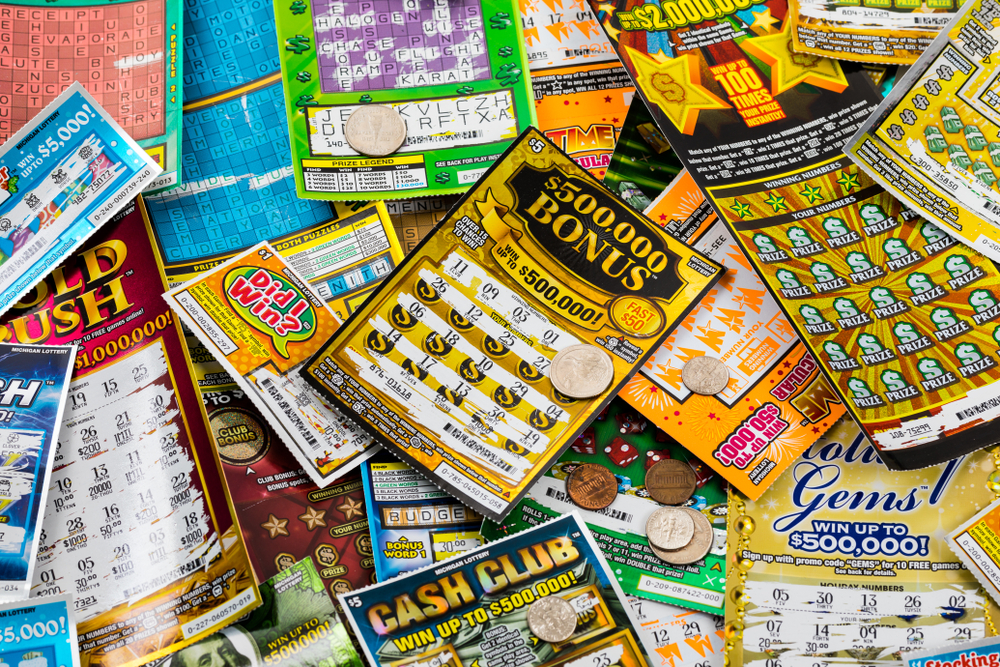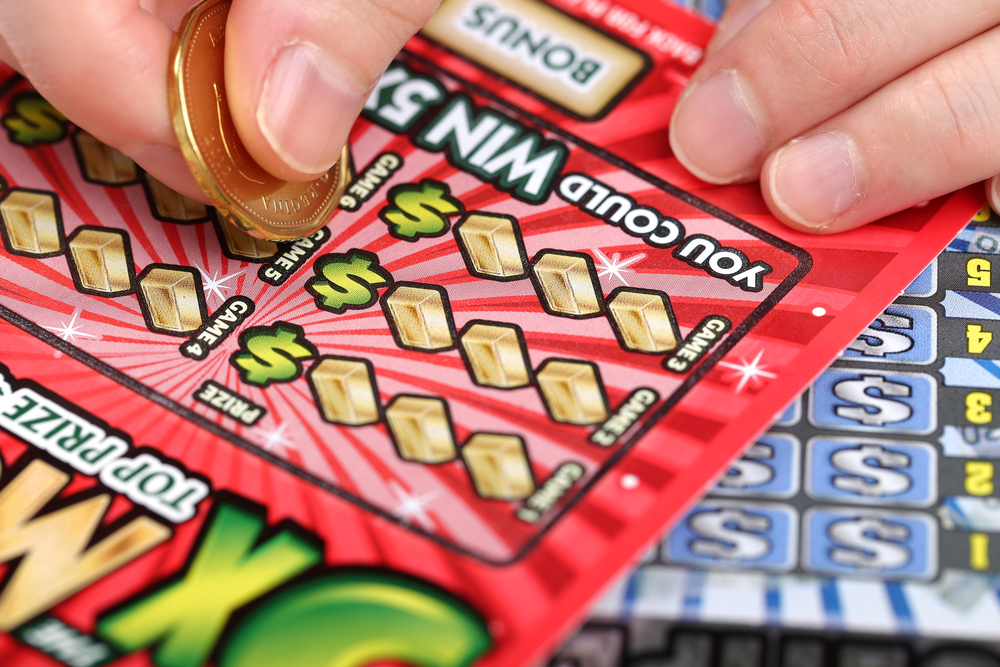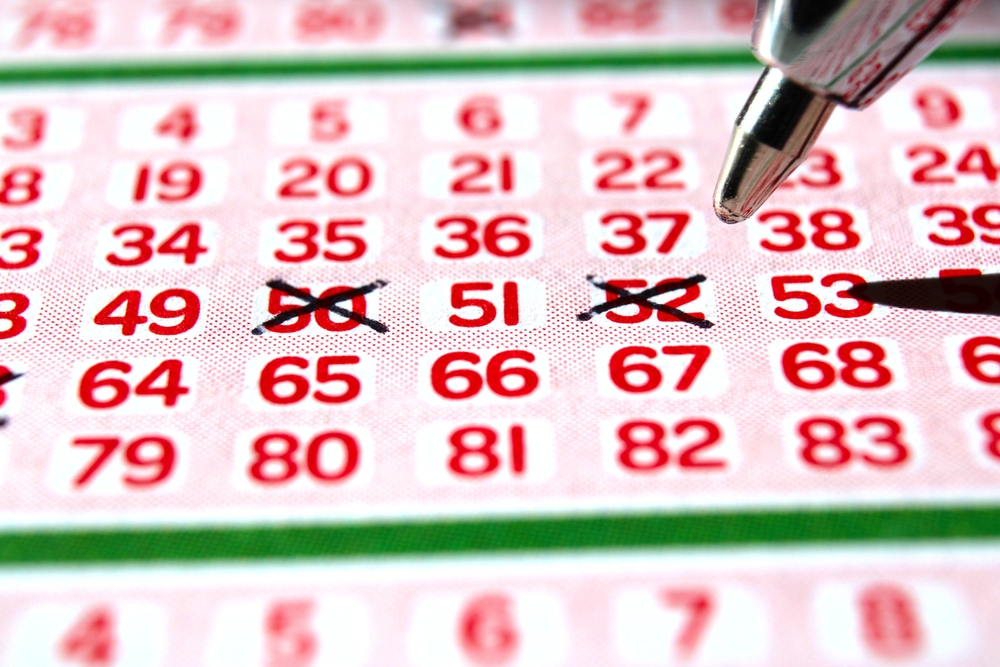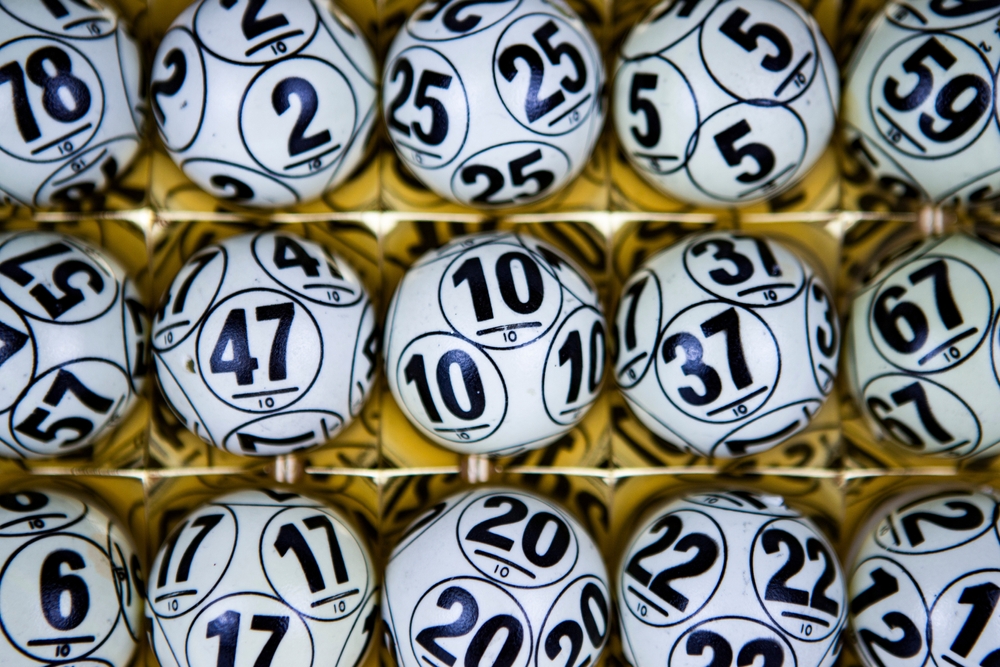Winning the lottery sounds like the ultimate dream: instant wealth, freedom from bills, and a life most people can only fantasize about. But for some lucky winners, hitting the jackpot was the beginning of a nightmare. From reckless spending to toxic relationships and devastating betrayals, these winners prove that sudden wealth can be more curse than blessing. Their stories are a reminder that money doesn’t guarantee happiness—it just amplifies who you already are.
1. The Ill-Fated Fortune of Evelyn Adams

Winning the lottery once is a stroke of luck, but winning it twice is almost unheard of. Evelyn Adams defied the odds by winning the New Jersey Lottery twice in the 1980s, amassing over $5 million in total. However, her good fortune soon turned sour due to a series of poor financial decisions. Adams succumbed to gambling temptations and spent much of her winnings in Atlantic City casinos. Without a financial plan or professional guidance, her fortune quickly evaporated.
Adams’ story is a vivid example of how even the luckiest individuals can fall prey to financial mismanagement. Her case underscores the importance of seeking professional financial advice, especially when handling large sums of money. The allure of gambling can be particularly dangerous for lottery winners, as the thrill of the win can lead to risky behaviors. Adams’ experience serves as a cautionary tale about the importance of discipline and responsible financial planning.
2. The Tragic Tale of Billie Bob Harrell Jr.

Billie Bob Harrell Jr. was a preacher from Texas who thought his prayers were answered when he won $31 million in the Texas Lottery in 1997. However, his win quickly turned into a nightmare. Harrell quit his job and went on a spending spree, buying new homes, cars, and donating generously to his church. Unfortunately, he struggled to manage his newfound wealth and was overwhelmed by the constant demands for money from friends and family. As his financial situation worsened, his marriage began to crumble, and the pressure became unbearable.
In a tragic turn of events, less than two years after his windfall, Harrell took his own life. His story highlights the immense pressure that can come with sudden wealth, especially when it’s not managed properly. Without proper financial management and emotional support, lottery winners can find themselves isolated and stressed. Harrell’s experience is a sobering reminder of the importance of maintaining a balanced approach to wealth and understanding the psychological impact of sudden success.
3. The Missteps of Michael Carroll, the “Lotto Lout”

Michael Carroll was just 19 years old when he won £9.7 million in the UK National Lottery in 2002. Dubbed the “Lotto Lout” by the media, Carroll’s story is one of youthful excess and poor choices. He spent his fortune on extravagant parties, luxury cars, and a lavish lifestyle that quickly depleted his bank account. According to a report by The Independent, within a decade, Carroll was broke and working as a garbage collector, having squandered his entire fortune.
Carroll’s tale serves as a reminder of the pitfalls of sudden wealth, especially for those who are unprepared for it. His lack of financial knowledge and discipline led to reckless spending and ultimately, financial ruin. Carroll himself admitted that he had no regrets about losing his money, viewing the experience as a life lesson. His story illustrates the importance of financial literacy and the need for a grounded approach to newfound wealth, no matter one’s age.
4. The Downfall of Jack Whittaker

Jack Whittaker is one of the most notorious lottery winners who ended up losing it all. After winning a staggering $315 million Powerball jackpot in 2002, Whittaker’s life spiraled into chaos. Despite being already wealthy from his construction business, the sudden influx of money led him to make reckless decisions. He faced numerous legal issues, including arrests for assault and drunk driving, and his personal life was marred by tragedy, with the deaths of family members linked to drugs and crime. According to an article by CNBC, his fortune dwindled due to lavish spending and unsuccessful business ventures.
Whittaker’s story serves as a cautionary tale about the dangers of rapid wealth and poor financial planning. He was known for his generosity, donating large sums to churches and charities, but he also faced theft as hundreds of thousands of dollars were stolen from his car on multiple occasions. The lack of a structured financial plan and guidance led to his downfall, illustrating the importance of having professional financial advice. In the end, Whittaker lamented his win, claiming it brought him nothing but misery, a stark reminder that money doesn’t always equate to happiness.
5. The Price of Fame for Lara and Roger Griffiths

Lara and Roger Griffiths seemed to have it all after winning £1.8 million in the UK National Lottery in 2005. The couple embarked on a spending spree, purchasing a luxurious home, designer clothes, and cars. They even invested in a music career for Roger, funding the production of an album. However, their lavish lifestyle quickly drained their resources, and their marriage began to suffer under the financial strain. Their fortunes took a further hit when their home was damaged in a fire, leaving them with little to fall back on.
The Griffiths’ story highlights the challenges that come with managing sudden wealth and the importance of making sustainable financial decisions. Their experience illustrates how quickly money can vanish when not managed properly and the impact this can have on personal relationships. Despite their financial and personal setbacks, the Griffiths learned valuable lessons about money management and the importance of living within one’s means. Their tale serves as a reminder that even modest wins require careful planning and foresight.
6. The Rise and Fall of Suzanne Mullins

Suzanne Mullins hit the jackpot in 1993, winning $4.2 million in the Virginia Lottery. Opting for annual payments instead of a lump sum, Mullins expected her financial future to be secure. However, she quickly found herself in financial trouble after taking out loans against her future lottery payments. The debt soon mounted, and without adequate financial planning, Mullins struggled to keep up with her obligations. By 2004, she was embroiled in a legal battle with the loan company, having defaulted on over $150,000.
Mullins’ experience is a textbook example of the risks associated with borrowing against future earnings. It highlights the importance of understanding the terms and implications of financial agreements and the dangers of living beyond one’s means. Her story serves as a cautionary tale for lottery winners who might be tempted to leverage their winnings without a solid plan. Proper financial advice and a disciplined approach to spending could have preserved Mullins’ fortune and saved her from financial distress.
7. The Untimely Downturn of Americo Lopes

For Americo Lopes, a New Jersey construction worker, winning the lottery seemed like a dream come true. In 2009, he won a $38.5 million jackpot, which he decided to keep secret from his coworkers. The decision not only led to strained relationships but also sparked a lengthy legal battle. Lopes’ coworkers sued him, claiming they had pooled together to buy the lottery ticket, and that Lopes had wrongfully claimed the winnings for himself. The court ruled in favor of the coworkers, and Lopes was forced to share the prize.
This legal battle drained significant resources and strained Lopes’ personal relationships. His story underscores the importance of honesty and transparency, especially when managing collective investments. The drama and legal fees associated with his case serve as a lesson in the potential pitfalls of secrecy and greed. Lopes’ experience is a reminder of the value of integrity and the potential consequences of deceit in financial dealings.
8. The Misfortune of Callie Rogers

Callie Rogers became the UK’s youngest lottery winner at the age of 16 when she won £1.9 million in 2003. Inexperienced in handling large sums of money, Rogers went on a spending spree, buying homes, cars, and expensive gifts for friends and family. She also fell into a party lifestyle, which included drug use and poor financial decisions. By 2009, Rogers was reportedly broke and struggling to make ends meet, a far cry from her earlier dreams of financial freedom.
Rogers’ story highlights the challenges that young lottery winners face when suddenly thrust into wealth. The lack of financial education and guidance can lead to reckless spending and poor life choices. Her experience underscores the importance of financial literacy and the need for support structures to help young winners manage their money wisely. Despite her setbacks, Rogers has since focused on rebuilding her life and securing a stable future for herself and her children, emphasizing that it’s never too late to learn from past mistakes.
9. The Illusions of Gerald Muswagon

Gerald Muswagon, a man from Canada, won a $10 million lottery prize in 1998 but saw his fortune disappear within a few years. Muswagon’s story is one of excess and poor financial decisions, as he quickly spent his winnings on a lavish lifestyle filled with parties, cars, and a new home. He also invested in a logging business that ultimately failed, leaving him with mounting debts. Without a financial safety net, Muswagon struggled to maintain his lifestyle and resorted to working odd jobs to make ends meet.
Tragically, Muswagon’s story ended in heartbreak when he took his own life in 2005. His experience highlights the heavy burden that can come with unexpectedly large sums of money and the importance of having a support system in place. Muswagon’s tale serves as a sober reminder that financial windfalls can come with hidden challenges and that seeking professional advice is crucial. His story is a testament to the need for responsible money management and the dangers of living beyond one’s means.
10. The Downhill Spiral of Urooj Khan

Urooj Khan, an immigrant from India living in Chicago, won $1 million in the Illinois Lottery in 2012. Khan opted for a lump sum payout, planning to use the money to pay off his debts and invest in his dry-cleaning business. However, just days after receiving his winnings, Khan died under suspicious circumstances. Initially ruled as natural causes, further investigation revealed he had been poisoned with cyanide, leading to a murder investigation.
Khan’s tragic story underscores the potential dangers that can accompany lottery winnings, extending beyond financial mismanagement to personal harm. His untimely death left his family embroiled in legal battles over his estate, further complicating their lives. Khan’s experience serves as a grim reminder that sudden wealth can attract unwanted attention and put winners at risk. Ensuring personal safety and having a solid estate plan are essential considerations for anyone who comes into a large fortune unexpectedly.
11. The Short-lived Wealth of David Lee Edwards

David Lee Edwards, a former drug addict from Kentucky, won a $27 million Powerball jackpot in 2001. Despite his troubled past, Edwards vowed to turn his life around with his newfound wealth. He purchased luxurious homes, cars, and a jet, and indulged in extravagant spending. However, his past habits soon resurfaced, and his fortune quickly dwindled due to poor financial choices and substance abuse. Within five years, Edwards was broke and living in a storage unit, struggling to make ends meet.
Edwards’ story is a poignant reminder of the importance of addressing personal issues before they can derail financial success. His inability to break free from past addictions overshadowed any positive changes he hoped to make. The lack of financial discipline and failure to seek professional advice contributed to his downfall. Edwards’ experience highlights the need for comprehensive support, both financially and personally, to manage sudden wealth responsibly.
12. The Rollercoaster Fortune of Janite Lee

Janite Lee, a South Korean immigrant living in Missouri, won $18 million in the state lottery in 1993. Known for her philanthropy, Lee donated large portions of her winnings to political organizations, educational institutions, and community projects. However, her generosity outpaced her financial management skills, and she soon found herself in debt. Lee also faced issues with gambling, which further contributed to her financial decline. By 2001, she had filed for bankruptcy with just $700 in her bank account.
Lee’s experience underscores the importance of balancing generosity with financial sustainability. Her desire to give back to the community, while commendable, was not matched with a solid financial plan. Lee’s story serves as a reminder that even noble intentions require pragmatic financial management. It highlights the need for professional advice to ensure that philanthropy can be sustained without compromising financial security.
13. The Tumultuous Ride of Andrew “Jack” Whittaker

Andrew “Jack” Whittaker became an overnight celebrity in 2002 when he won a record-breaking $315 million Powerball jackpot. Initially, Whittaker used his wealth for good, establishing a foundation and donating to churches and charities. However, his life soon became a cautionary tale of excess and misfortune. He faced numerous legal troubles, including arrests for assault and DUI, and his personal life was marked by tragedy with the loss of family members. His unchecked spending and lack of a financial plan led to the rapid depletion of his fortune.
Whittaker’s legacy highlights the potential pitfalls of sudden wealth and the importance of financial discipline. Despite his philanthropy and initial good intentions, his fortune became a source of personal and financial turmoil. Whittaker himself admitted that his lottery win brought more harm than good, illustrating that money alone cannot solve deeper personal issues. His story is a powerful reminder of the need for responsible wealth management and the dangers of allowing wealth to overshadow personal values.
This article is for informational purposes only and should not be construed as financial advice. Consult a financial professional before making investment or other financial decisions. The author and publisher make no warranties of any kind.








